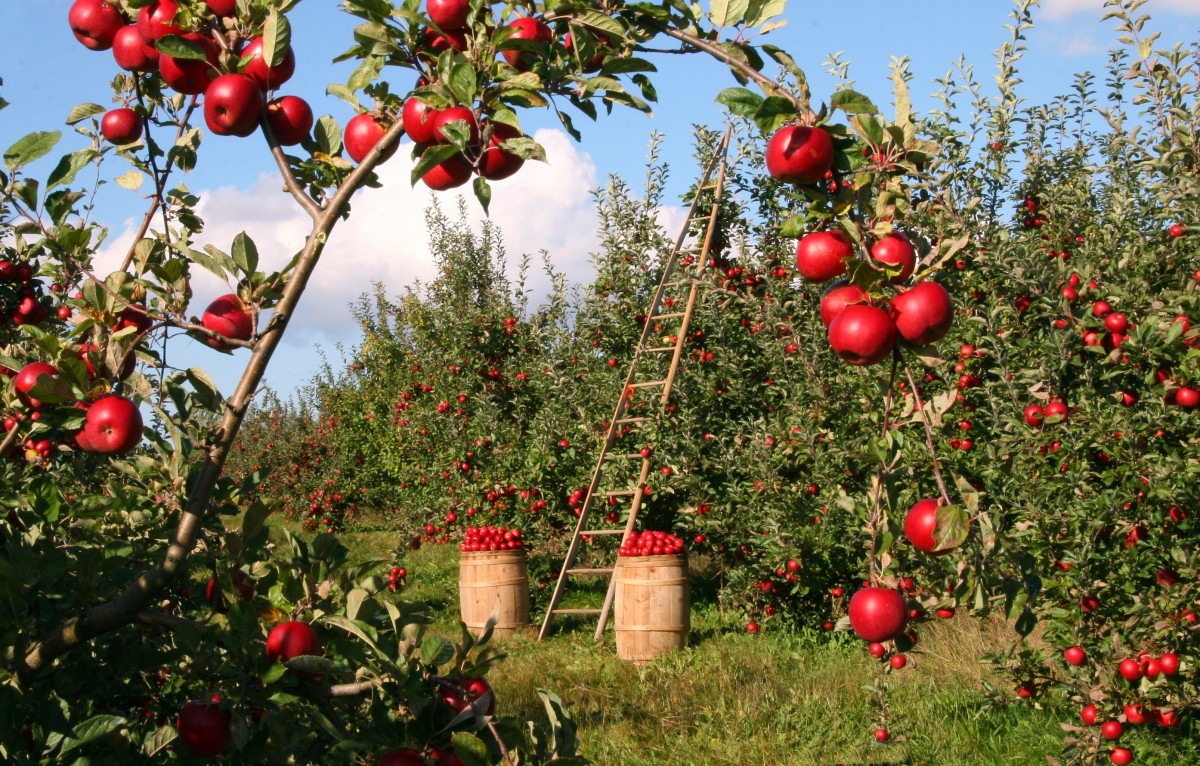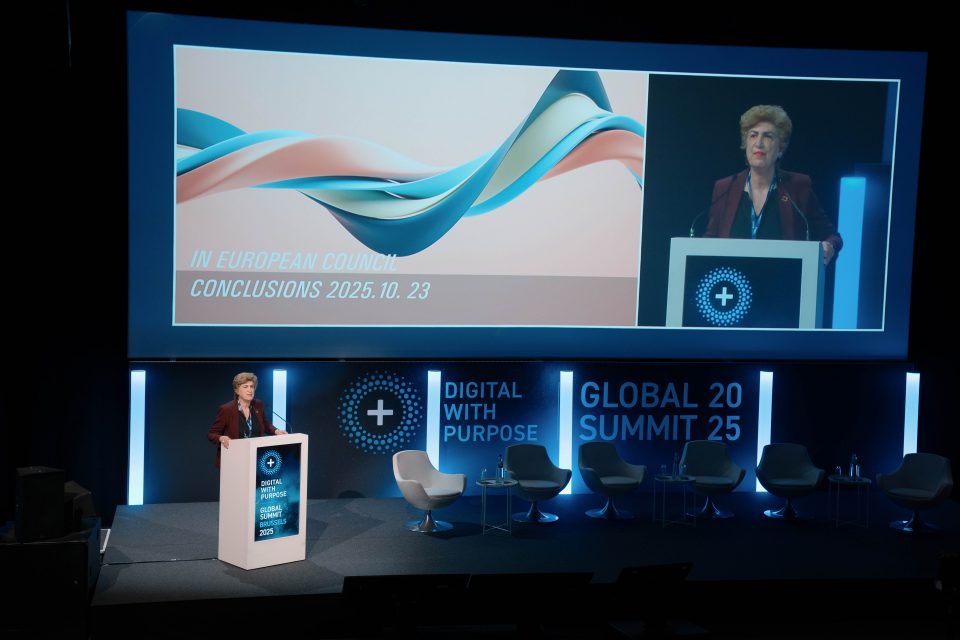Re-Imagine Europa’s knowledge partner All European Academies (ALLEA) released the report “Genome Editing for Crop Improvement” on October 29th, 2020. The report aims to present the state of the art of scientific evidence in the field and explore paths to harmonise EU legislation with recent scientific developments while according particular consideration to the relevant ethical and societal concerns.
The “Genome Editing for Crop Improvement” report stemmed from a symposium which ALLEA hosted in cooperation with the Royal Flemish Academy of Belgium for Science and the Arts (KVAB) in Brussels in November 2019. This event sought to address concerns which arose within the scientific community following the Court of Justice of the European Union (CJEU) ‘s 2018 ruling that genome-edited organisms fall within the regulatory scope of the 2001 GMO Directive.
“Widening public discourse on innovation in genome-editing for crop improvement is a key responsibility of the scientific community, including academies across Europe. While these new techniques offer exciting opportunities, it remains vital to see the bigger picture and also to consider public perceptions and cultural differences. This report summarises these diverse strands of research and aims to provide a comprehensive overview to European policymakers and the public” stated Professor Antonio Loprieno, President of ALLEA.
The full report is available online, but for those strapped for time, Dr Oana Dima, one of the report’s lead authors, answered some questions on the topic in an interview published on ALLEA’s website.
Relaying this chain of events, Dr Dima summarises some prominent concerns about the consequences of this restriction, with the development of beneficial new crop varieties via this method highly restricted within the EU’s borders, but left to continue unabated further afield. On the other hand, Dr Dima highlights the controversial judgement’s role in promoting the establishment of EU-SAGE (European Sustainable Agriculture through Genome Editing), a major network of scientists aiming to encourage the development of policies based on the best possible scientific knowledge in this area.
Addressing the safety of genome-edited plants, the report states that the characteristics introduced to a specific crop, and not the use of a particular technology, should determine its safety. The advantages of transitioning to a more targeted and precise approach such as genome-editing, over older blind or random methods are also highlighted. Targeted genome edits, which do not add foreign DNA, do not present any other health or environmental risk than plants obtained through classical breeding techniques and are as safe (or dangerous) as the latter. Besides, Dr Dima pointed out that scientists are continuously working on improvements which raise the specificity of genome-editing technology, thereby further reducing the already limited chances that unintended DNA changes may occur.
This leads to a discussion about the report’s call for an open, honest dialogue with all stakeholders, including the public, in the decision-making processes for introducing genome-edited products into the market. For Dr Dima, this plays into a vital need to increase the public’s global understanding of the complexity of the food production systems and their fundamentally human-made nature. For example, she sees genome editing’s potential to contribute to the protection of regional food traditions and to favour diversification as something which should be conveyed to consumers through evocative narratives instead of technicalities. Continued legislative and policy restrictions may hamper the selection of more productive, diverse, and climate-resilient crops with a reduced environmental footprint.
Questioned on how she sees all of the above considerations evolving over the next few years, Dr Dima takes the goals of the European Commission’s Farm to Fork strategy as her starting point. She reflects that all possible approaches are necessary to achieve these ambitious targets, with precision breeding through genome-editing representing the latest addition to Europe’s potential toolbox. She concludes that the lack of fit-for-purpose legislation is to blame for the EU missing out on innovative applications of genome-editing and their enormous potential to help achieve critical goals, placing Europe at a “breaking point” which will determine how we will be able to transform our agricultural systems to build a greener future.
Dr Dima then underlined how the CRISPR-Cas genome editing method, whose developers Emmanuelle Charpentier and Jennifer Doudna received the Nobel Prize in Chemistry earlier this month, might be most effectively employed in agriculture. Citing Charpentier and Doudna’s breakthrough as an illustration of “how fundamental research with a touch of creativity can lead to new, exciting applications to help society and our planet”, Dr Dima states that further development and application of genome editing in agriculture is crucial for a sector striving for greater sustainability while simultaneously confronting demographic, climate, and environmental challenges.
ALL European Academies (ALLEA) is the European Federation of Academies of Sciences and Humanities. It was founded in 1994, and it brings together almost 60 Academies of Sciences and Learned Societies from over 40 countries in the Council of Europe region.




